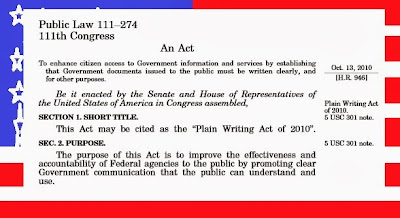Have you ever wondered what your professors are reading? Maybe not. But the fine folks at the
Wolf Law Library at the
Marshall-Wythe School of Law at the College of William & Mary in Williamsburg, Virginia (full disclosure: my alma mater), have been wondering just that about one professor in particular. Unfortunately, they can't simply ask him, as he has been dead for over 200 years. I am speaking of
George Wythe, America's very first law professor.
 |
| George Wythe. Image courtesy of William & Mary Law School. |
A quick primer: Wythe was a prominent politician and lawyer in Williamsburg, back when it was the capital of Virginia and not just a fifth-grade field-trip destination (and I say that with great affection, having lived there for three years). He signed the Declaration of Independence and represented Virginia at the Constitutional Convention. He mentored a number of aspiring lawyers including Thomas Jefferson,
John Marshall, and James Monroe, and he officially became the first law professor in the U.S. in 1779, when Jefferson, as Governor of Virginia, appointed him to the newly created Chair of Law and Police at the College of William & Mary.
The librarians at the Wolf Law Library have been doing what they call "forensic bibliography" to try to recreate Wythe's law library. This process has not been easy, as no one definitive record of Wythe's holdings exists. Upon his death, Wythe bequeathed his entire library to Thomas Jefferson, and while Jefferson's cousin, George, catalogued the bequest, that document no longer exists. Scholars have been able to track a number of Wythe's books by looking for markers signifying his ownership, such as his signature, his bookplate, or manuscript notes. More than 50 such books have been located, and they exist in libraries including the Library of Congress, the Library of Virginia, and libraries at the University of Virginia and the College of William & Mary.
Fifty books is a great start, but the folks at William & Mary wanted to dig deeper. This is where the forensics work came in. They were able to track down four previous attempts to catalog Wythe's library, ranging from 54 to 466 titles. Combining these bibliographies and their various sources, the team amassed a wish-list of sorts of nearly 500 titles. But they don't simply want to know the contents of Wythe's library; they want to recreate it by actually purchasing as many of these books as they can track down. So far, they have collected 174 titles, and they are constantly adding more. If all goes as planned, they will eventually construct a separate display room with a permanent exhibit devoted to Wythe, his career, and his library.
To learn more about this project, check out "
Forensic Bibliography: Reconstructing the Library of George Wythe," in the Winter 2013 issue of the Law Library Journal. Or, if you happen to find yourself in Williamsburg, stop in the Wolf Law Library and check out the
rare book room, where the Wythe Collection is on display.
And if you can't make it to Williamsburg, we have a little slice of history right here at Gallagher. John T. Condon, the first dean of UW Law School, donated his collection to start the law library. While many of these titles have been integrated into the library, some of his books are on display in a case on the first floor of the library. Come on by and check them out!
 The Law Library hours of operation during the week of November 25 will be
adjusted in light of the Thanksgiving holiday:
The Law Library hours of operation during the week of November 25 will be
adjusted in light of the Thanksgiving holiday:




